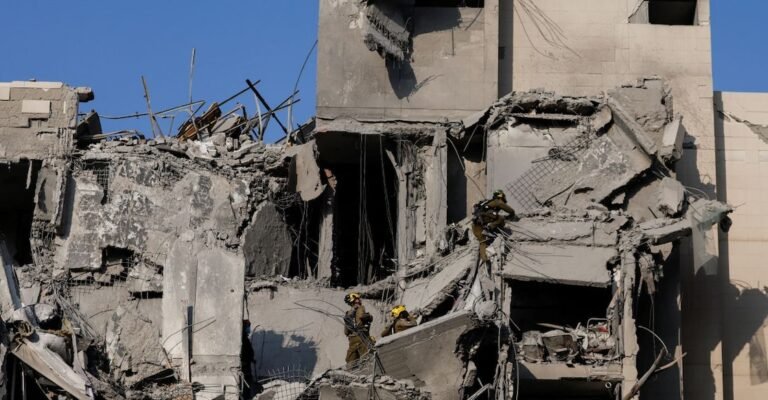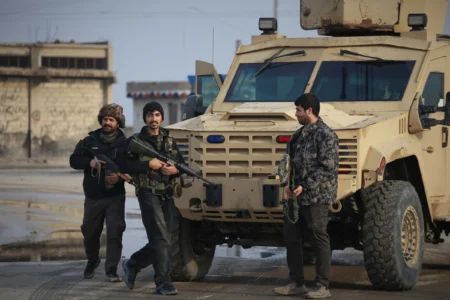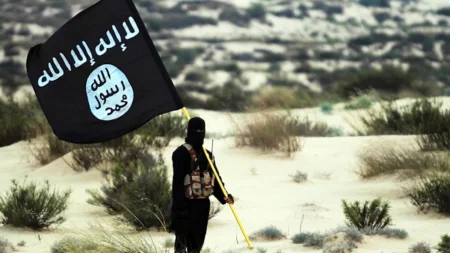Despite U.S. President Donald Trump urging a halt to airstrikes after a ceasefire was announced, loud explosions were heard near Tehran. Soon after, Israel confirmed it had launched an attack on a radar installation close to the Iranian capital.
The Israeli government said the strike was carried out as a response to missile attacks launched earlier by Iran. The explosion happened just over three and a half hours after the ceasefire came into effect. No casualties or damage reports have been confirmed yet.
The Israeli prime minister’s office said the strike was a direct retaliation for Iranian missile fire. They also claimed that the attack was part of their right to defend the country. The prime minister later spoke with President Trump, after which Israel reportedly agreed to pause further action. However, officials have not confirmed whether the radar strike happened before or after the call.
Explosions were heard in northern Iran as well. A local news report from the Iranian Students News Agency (ISNA) said that loud blasts were reported from Babolsar, a city in the north. Following the incident, Iran activated its air defense system in several parts of the country, including areas close to the capital.
Emergency services, including several ambulances, were seen moving towards the locations where the explosions were heard. Although no official statement has come from Iran, the country’s silence has raised questions about its next move. Some analysts believe Iran may be waiting to assess the full scope of damage before responding.
President Trump’s call for peace came after days of rising tension between Iran and Israel. The situation escalated when both countries exchanged missile fire earlier in the week. Iran had reportedly launched several missiles into Israeli territory, some of which were intercepted by defense systems.
Trump had urged both countries to step back and avoid further violence. In his message, he said that a full-scale war would only harm both nations and destabilize the Middle East. But the recent Israeli attack now raises doubts about how long the ceasefire will hold.
Experts are concerned that this incident could lead to more violence. Some warn that if Iran responds with more missile attacks, it may trigger a wider conflict. Others believe both sides might return to negotiations under international pressure.
So far, global reactions have been cautious. Western countries have urged restraint and called for immediate dialogue. There is concern that more attacks could affect nearby nations and disrupt trade and travel routes in the Gulf region.
The situation remains tense, with both sides holding their ground. Military aircraft have been seen flying in and out of Israeli airspace, while Iran is reportedly increasing its surveillance over key areas. The next few days are seen as critical in determining whether the region will return to calm or fall deeper into crisis.
Security forces across Iran remain on high alert. In Tehran and nearby areas, air defenses are prepared to respond to any future attacks. The country has also boosted its monitoring of air traffic, especially near military sites.
Meanwhile, people living near Babolsar and Tehran have expressed fear. Some have started moving away from possible target zones. Social media users in Iran posted videos showing the night sky lighting up during the blasts. Many questioned why the attacks continued after a ceasefire had been declared.
This latest strike shows how fragile the situation is. Even with global leaders calling for calm, military actions continue to unfold. The radar attack near Tehran has once again drawn attention to the deep mistrust between Iran and Israel. Without open talks or third-party mediation, the chance of more violence remains high.







